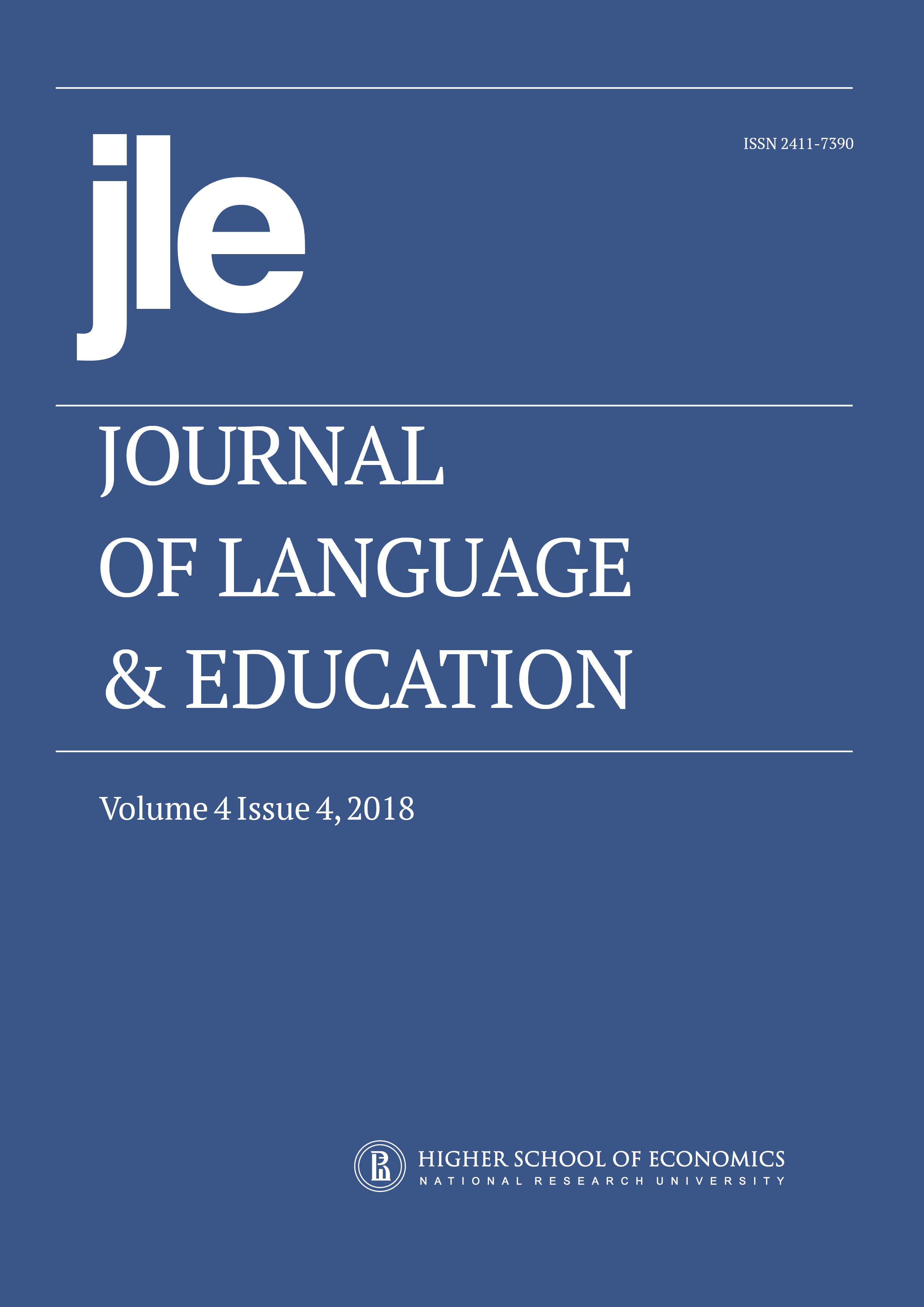Innovations in Integrating Language Assistants: Inter-Collaborative Learning
Abstract
A language assistant (LA) program was introduced into a university-level Japanese program. The LAs in this program consisted of Japanese study abroad students, that is English as a second language students, coming to study from Japanese universities for either one semester or one academic year, as well as American learners returning from a one-year academic study abroad program in Japan. In the southeastern region of the United States, the Japanese language is not yet considered a major foreign language, thus few opportunities exist for American learners to connect with native speakers of Japanese. The LA program endeavors to ease this limitation. It has been extremely beneficial for our American learners to have opportunities to communicate regularly with Japanese study abroad students in the classrooms. Furthermore, it was found tremendously valuable for Japanese study abroad students and greatly helpful for the instructors as well. This paper describes the procedures and examines the effectiveness of introducing an LA program into Japanese language classes. To analyze the program, questionnaires were distributed to LAs (N=20); five department instructors wrote comments concerning the program; and five Japanese language learners submitted reflection papers. Analyses of the qualitative data indicate that the LA program has many advantages for everyone participating.
Downloads
Authors who publish with this journal agree to the Copyright Notice.



